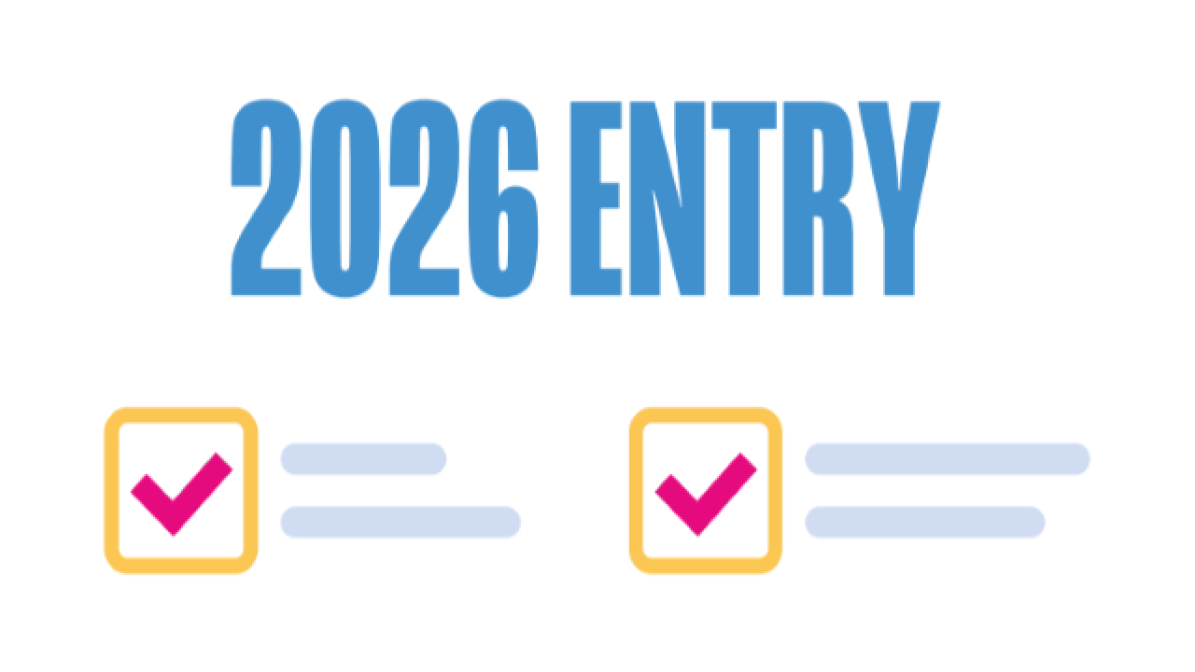Supporting your child with writing their personal statement for 2026 entry
Writing a personal statement is an important part of your child’s university application, and with the new format for 2026 entry, there’s a clear structure to follow. As a parent, guardian, or carer, your support can make a real difference. This page offers advice to help your child write a statement that reflects their experiences and goals, along with tips on what to avoid.
Understanding the new personal statement format
For 2026 entry, the personal statement focuses on three key questions to help students clearly communicate their motivations and suitability for the course. These questions ensure all students, no matter their background, can present a strong case.
- Why do you want to study this course or subject?
Your child should explain their passion for the subject, how their interest developed, and what they hope to achieve.
- How have your qualifications and studies helped you prepare for this course?
They should link their academic achievements to the skills needed for the course.
- What else have you done to prepare, and why are these experiences useful?
Here, your child can discuss any activities outside school—such as work experience, volunteering, or personal projects—and how these experiences have prepared them for university.
How you can help your child get started
Encourage reflection:
Help your child think about why they are interested in the course and what sparked their passion. This reflection is key to answering the first question.
Identify experiences:
Support your child in identifying both academic and personal experiences that relate to their course. Whether it’s a project, job, hobby, or a balancing of their responsibilities like caring for a family member, these experiences can demonstrate their commitment and readiness.
Discuss future goals:
Talk about your child’s career goals and how the course can help them achieve these. This will help them focus their personal statement.
Emphasise relevance:
Encourage your child to avoid vague statements and focus on specific experiences and achievements that support their application.
Structuring the personal statement
- Why do you want to study this course or subject?
- Show passion: They should explain what excites and interests them about the subject.
- Relate to career goals: Link their interest to long-term goals.
- How have your qualifications and studies helped you prepare for this course?
- Highlight achievements: Help them pick academic accomplishments relevant to the course.
- Link skills: They should demonstrate how their studies have given them skills for success.
- What else have you done to prepare, and why are these experiences useful?
- Include extra-curriculars: Volunteering, internships, or personal projects can be great examples.
- Make it personal: Encourage your child to select experiences that show commitment. This is where your child can include any challenges they’ve overcome and how these experiences prepared them for university.

Support for students with individual needs
You can find lots of information on how to support students with individial needs, including application and personal statement advice.For students without extracurricular activities
Your child can focus on academic achievements and personal responsibilities. Encourage them to:
- Discuss classroom experiences that helped them develop key skills.
- Highlight part-time jobs, linking them to transferable skills like time management.

Subject tasters and virtual work experience
These programmes, run by Springpod through the UCAS website, offer an unparalleled insight into courses, subjects and careers, and can be included in their personal statement as relevant evidence.
What to avoid
Here are a few tips for what your child should avoid when writing their personal statement.What to avoid
Generic statements
Repetition
Overloading with skills
Clichéd quotes
Irrelevant information
Supporting your child to stand out
Now you know what's best to avoid, here's some pointers to understand the best ways your child can stand out in their personal statement.Supporting your child to stand out
Work experience
Part-time work
Volunteering
Final checks
Proofreading:
Encourage your child to check their statement for spelling and grammar mistakes and have someone review it for clarity.
Seek feedback:
Suggest they share their personal statement with a trusted person for constructive feedback.
Check relevance:
Remind them to ensure every part of their statement is relevant to the course and their goals.
By following this guidance, you can help your child create a personal statement that reflects their strengths and ambitions. This is their chance to tell their story - ensure it truly represents who they are and what they want to achieve.

Top tips checklist
Use our handy checklist to guide your child through the process of writing their personal statement for 2026 entry, under the new three-question format.